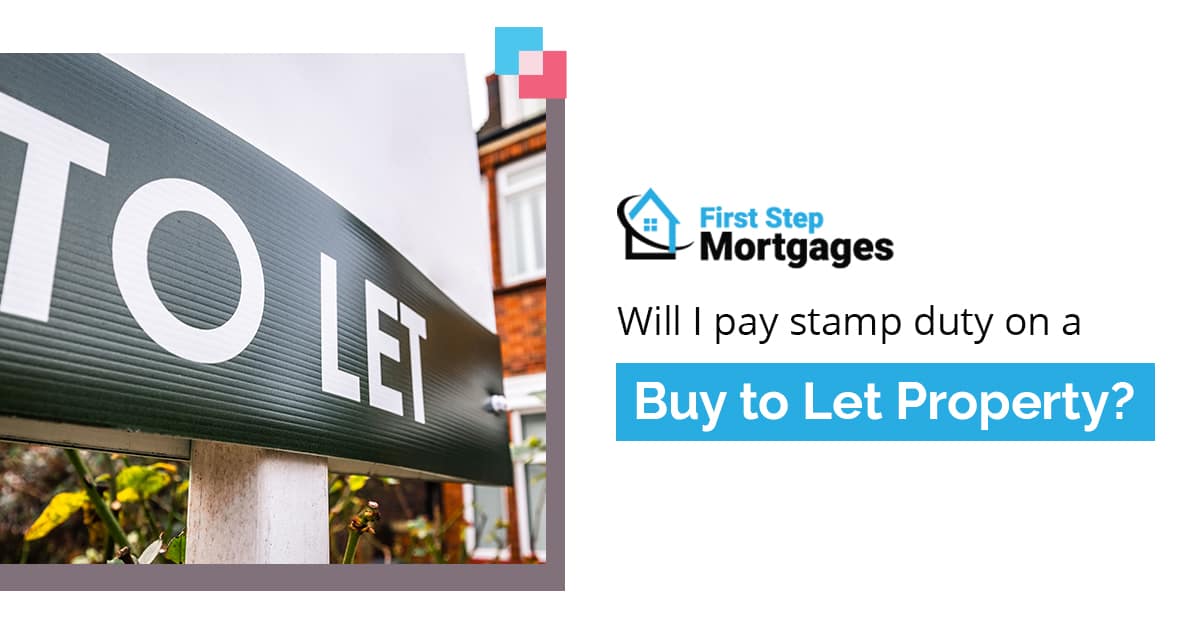Buy To Let Mortgage Self Employed
-
Expert Mortgage Advisers
-
Exclusive Products Available
-
Access to Competitive Rates
Get In Touch Today To Discuss The Most Suitable Mortgage Option For You.
Get In Touch Today To Discuss The Most Suitable Mortgage Option For You.
Get a quick response within 24 hours

A Buy to Let mortgages exists purely for the purpose of buying properties that are intended to be used as a residential rental property. Although the acceptance criteria is more difficult to satisfy than for a Standard Residential Mortgage application, it’s perfectly possible for Self-Employed applicants to obtain a Buy to Let mortgage, provided they take professional advice, approach the right type of lender and do some financial preparation.
Repayments on your mortgage will usually be Interest-only, which means you should take the final loan payment into consideration, as this will be due in full at the end of the mortgage term. Interest rates and arrangement fees are also higher than Standard Residential mortgages, although in recent years the competition has increased, due to an increase in popularity in this investment type.
It’s important to note that, once a Buy to Let mortgage is in place on a property, you will no longer be legally allowed to reside in the property yourself. This mortgage type is also not regulated by the Financial Conduct Authority, except in the specific circumstances that you have bought the property to rent only to close family members.
One of the most notable differences is how Mortgage Lenders determine how much you can borrow. The loan is based on the potential rental yield (income) from your chosen property, rather than your personal income, although it’s possible that you’ll still need to undergo a financial stress test to ensure that you can afford the repayments whilst the property is vacant.
Other than having to provide different evidence of income, there is nothing specific to being Self-Employed that you will need to consider about Buy to Let mortgages. The following points should be considered by all applicants, however:
Whether or not you would benefit from purchasing your Buy to Let property through a Limited Company using a Special Purpose Vehicle, will depend on your tax related circumstances. It’s recommended that you seek professional tax advice.
A Special Purpose Vehicle (or SPV) is a Limited Liability company that is created specifically for the purpose of purchasing investment properties.
High street lenders don’t often offer this form of Buy to Let ending, however the good news is, it’s increasingly available through independent Mortgage Lenders. One of the benefits of this process is that some lenders are willing to offer up to 85% Loan to Value lending when using an SPV, which can reduce your deposit requirement to 15%, rather than 25%.
Your income is not as significant for this type of lending, given that the loan is based on the rental yield. You will, however, need to meet the criteria, as above and are likely to need to provide two to three years of accounts and SA302s as proof of income.
A small percentage of Mortgage Lenders allow using an Applicant’s Personal Income to cover a Shortfall in the Rental Calculation for Affordability
A small percentage of Mortgage Lenders allow business owners to use a director’s loan from their business to pay the 25% deposit requirement for a Buy to Let property. It’s important to seek professional tax and financial advice before you consider this practice.
First Step has helped many Self-Employed applicants to find a suitable Buy to Let mortgage product at the most competitive rate available. We have access to a wide range of lenders, which allows us to find a product to suit every circumstance. We can help ensure that your mortgage is able to maximise your investment potential.
Your home may be repossessed if you do not keep up repayments on a mortgage
Monday – Friday 9:00 AM – 8:00 PM & Saturday – Sunday 10:00 AM – 6:00 PM